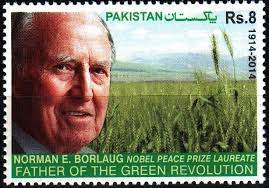On December 10, 1901, the first Nobel Peace Prizes were awarded to Jean Henri Dunant and Frédéric Passy . Each of them received the Nobel Peace Prize individually.
The recipients of the first Nobel Peace Prizes in 1901 were:
Jean Henri Dunant: He was a Swiss businessman and social activist who co-founded the International Committee of the Red Cross. Dunant was awarded the Nobel Peace Prize in recognition of his role in establishing humanitarian principles, particularly the Geneva Conventions, and his efforts to alleviate the suffering of wounded soldiers.
Frédéric Passy: He was a French economist and one of the leading figures of the international peace movement. Passy received the Nobel Peace Prize for his dedication to the cause of peace, his work with various peace societies, and his advocacy for disarmament.
These two individuals shared the honor of being the first recipients of the Nobel Peace Prize in 1901.















